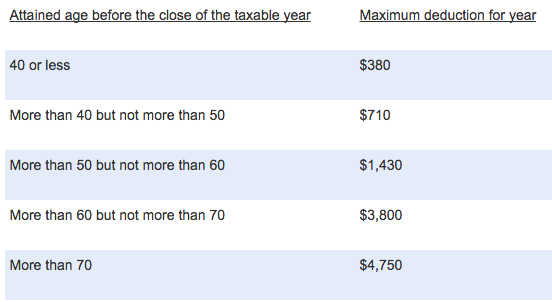Long-term care insurance has become increasingly popular with the 50 and over crowd in the past decade. With people living longer than ever before and medical bills through the roof, long-term care insurance allows you to be more proactive about your health needs as you age.
Long-term care insurance covers expenses that Medicare does not, including caregiving services that assist with daily living activities, such as bathing, dressing and eating. Long-term care insurance also has a little more flexibility than Medicare in terms of choosing your own care providers.
Long-term care insurance is going to prove itself essential to most of the Baby Boomers, and it also has the added benefit of being tax deductible. In 2015, the IRS is increasing the amount of money taxpayers can deduct from their taxes if they purchase long-term care insurance.
2015 Changes
So what do these changes from the IRS include? Elder Law Answers helps to break down the new policy changes for 2015:
- Premiums for qualified long-term care insurance policies are “tax deductible to the extent that they, along with other unreimbursed medical expenses (including Medicare premiums), exceed 10% of the insured’s adjusted gross income, or 7.5% for taxpayers 65 and older (through 2016).”
- Premiums are tax deductible “for the taxpayer, his or her spouse and other dependents.”
- If you are self-employed, you can deduct the amount of the premium “as long as you made a net profit; your medical expenses do not have to exceed a certain percentage of your income.”
- Per diem or indemnity policies, which pay out a stipend amount every day, are not included in income “except amounts that exceed the beneficiary’s total qualified long-term care expenses or $330 per day, whichever is greater.”
The site also provides this helpful table that tells you what your maximum deduction can be for the year, depending on your age before the close of the taxable year:


